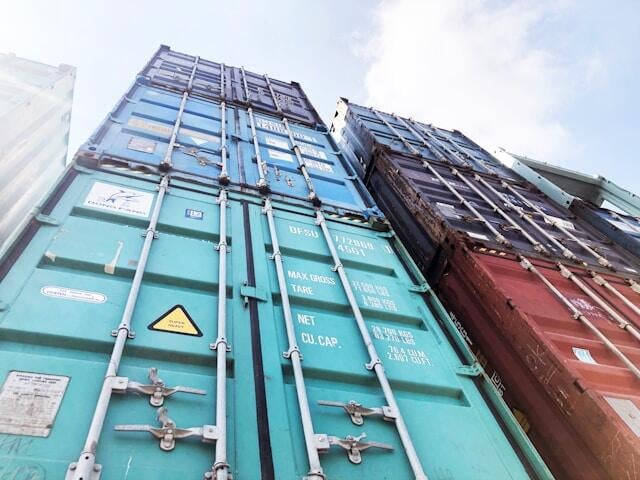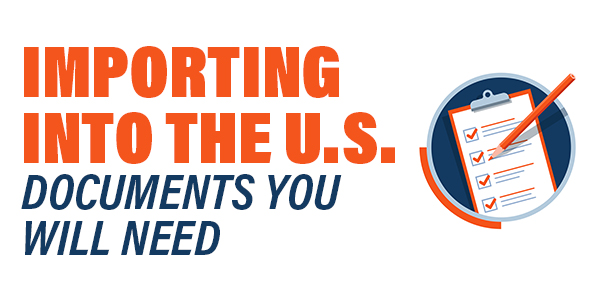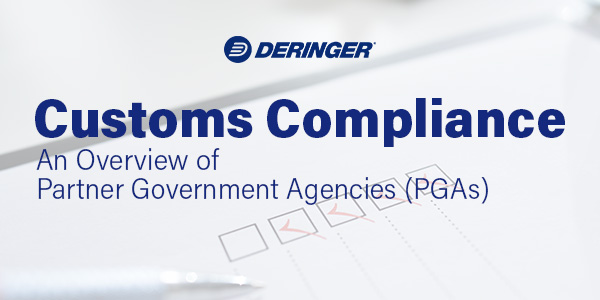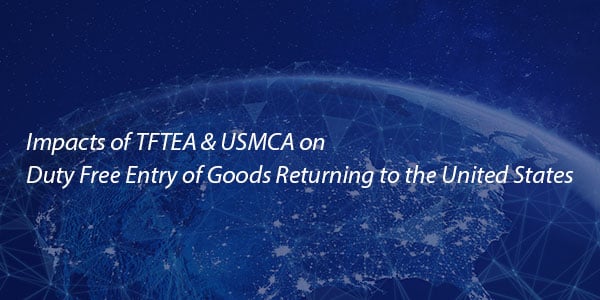Usually, the import and export process runs smoothly for most enterprises—until they receive a customs compliance audit notice in the mail! But what triggers these investigations from the government? Understanding why the U.S. Customs and Border Protection (CBP) might want to examine your business identifies potential risks when trading abroad and helps you avoid fines for non-compliance. Learn more below.
Topics: compliance
As an importer, the onus is on you to be aware of the regulations that apply to your products. This includes those set by Partner Government Agencies (PGAs).
Topics: Customs Consulting, compliance, trade compliance, Customs Broker, Brokerage
Customs Compliance: An Overview of Partner Government Agencies (PGAs)
Importing into the U.S. involves a long list of tasks and careful considerations. There’s no worse scenario than thinking you’ve dotted all your Is and crossed all your Ts, only to realize you overlooked a PGA regulation and your shipment cannot get through Customs.
Topics: compliance, trade compliance
Impacts of TFTEA & USMCA on Duty Free Entry of Goods Returning to the U.S.
In the past, goods originating in the United States which were exported and then returned have been allowed to enter the U.S. without payment of duties under certain circumstances. Under the Trade Facilitation and Enforcement Act of 2015 (TFTEA) and the new US-Mexico-Canada Agreement (USMCA), there have been changes to the regulatory and documentary requirements to take advantage of these benefits. The burden of proof remains on the importer, and as such, the proof is in the proverbial pudding.
Topics: compliance, trade compliance, USMCA
“What’s My Compliance Score?” Why We Are Asking The Wrong Question
When I’m preparing to deliver a Risk Assessment Report, the first question clients often ask is, “What’s our compliance score?” While the intention is good, we are asking the wrong question. Numbers may not lie, but they don’t tell the whole truth, particularly in compliance – and in the gap is where good companies get into trouble.
Topics: compliance, trade compliance
Understanding Incoterms and How to Alleviate Shipping Risks
Have you been shipping products blindly? Shipping without knowing how Incoterms affect your freight creates a risk that could cost you anywhere from a few thousand dollars to completely bankrupting your business.
Topics: Customs Consulting, compliance, Incoterms, freight forwarding









-%20dark%20larger%20(1).png)








%20for%20Website.png)


